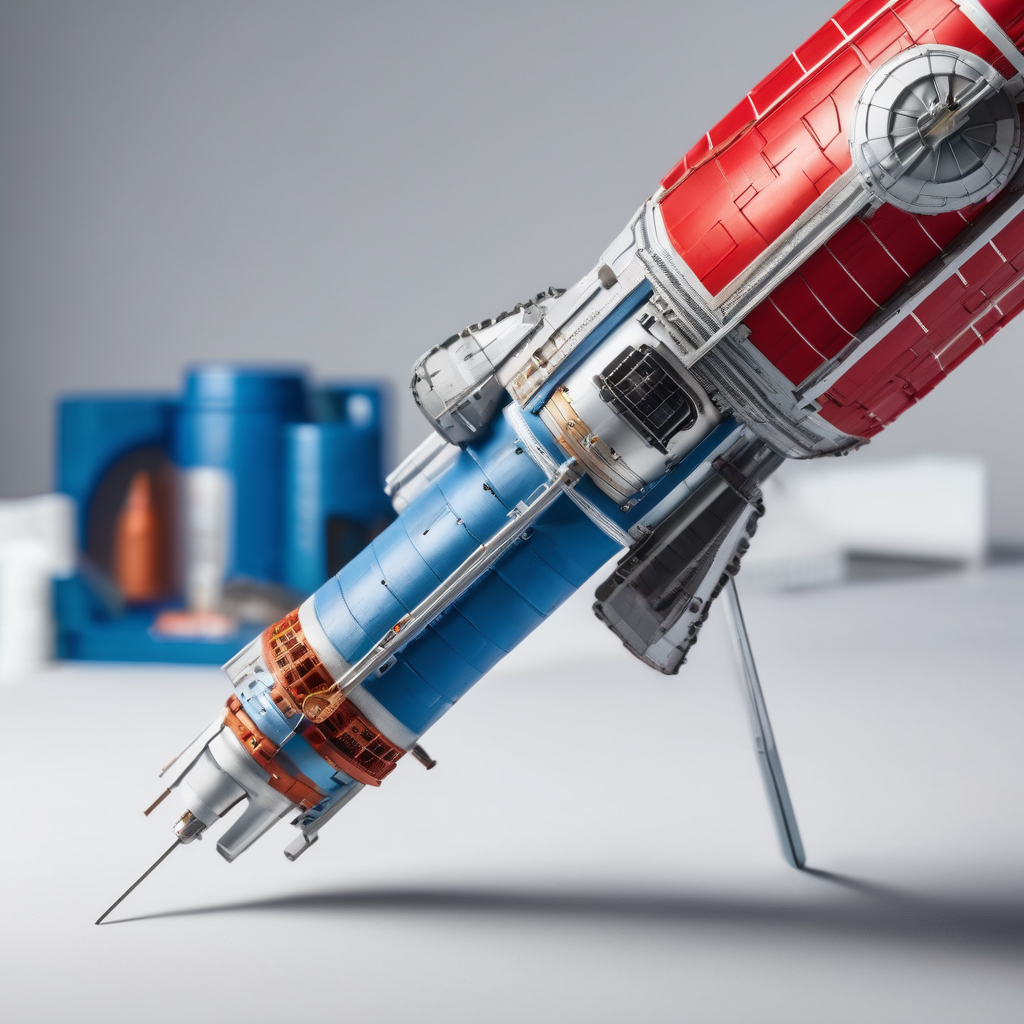Blue Origin has announced the postponement of the New Glenn NG-2 mission, which was set to launch NASA’s ESCAPADE Mars mission on November 9 due to adverse weather conditions, specifically a thick cloud cover. The company has now rescheduled the launch for Wednesday, November 12, at 2:50 p.m. EST.
This mission marks a significant milestone as it will be the first Mars expedition in over five years, with the ESCAPADE twin probes designed to study Mars’ atmosphere. The new launch window opens at Cape Canaveral Space Force Station. Viewers can follow the launch live online through Blue Origin’s platforms starting 45 minutes prior to liftoff.
The ESCAPADE mission, which stands for “Escape and Plasma Acceleration and Dynamics Explorers,” was initially set to launch in October 2024 but was postponed to avoid potential financial overruns. Principal investigator Robert Lillis from the University of California, Berkeley’s Space Sciences Laboratory expressed gratitude for the sustained effort put forth by the partners involved in this project.
The two probes, affectionately named Blue and Gold after UC Berkeley’s colors, are built by Rocket Lab. They will be launched toward the Earth-sun Lagrange Point 2, approximately 930,000 miles from Earth, where they will spend about a year gathering data on space weather as they prepare for their journey to Mars.
Once they reach Mars, the probes will be positioned in orbit to conduct a comprehensive study of the Martian atmosphere, mapping its magnetic fields and upper atmosphere over an extended period. This research will provide critical insights into the climatic history of Mars, including understanding how and when the planet lost its atmosphere, which carries implications for future human exploration.
Blue Origin’s New Glenn rocket, a partially reusable launch system standing 321 feet tall, will also attempt to land its first stage booster aboard a platform in the Atlantic Ocean during this mission. Following a successful test flight in January 2025, this launch will be pivotal, not only for the ESCAPADE mission but also for Blue Origin’s aspirations of reducing costs and enhancing the sustainability of space launches.
The weather forecast for the upcoming launch is currently looking promising, with a reported 65% chance of favorable conditions. However, should further delays occur, the company might have to navigate FAA restrictions related to daytime commercial rocket launches imposed due to an ongoing government shutdown.
With the successful deployment of the ESCAPADE probes, NASA and its partners take a crucial step forward in Mars exploration, aiming to collect vital data that will inform future missions. The anticipation surrounding this project reflects the progress made in space exploration and the continued collaboration among various entities in the scientific community.
